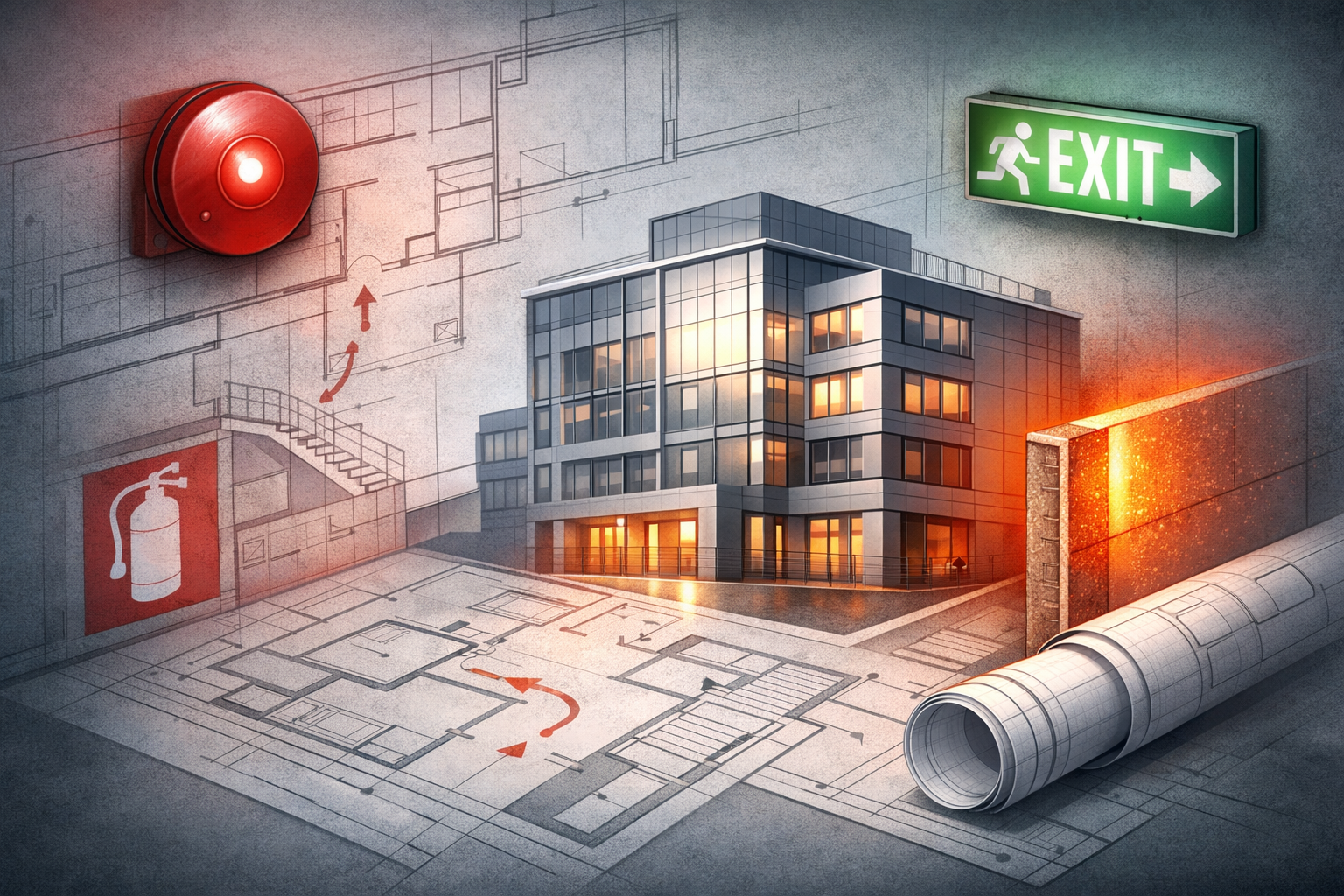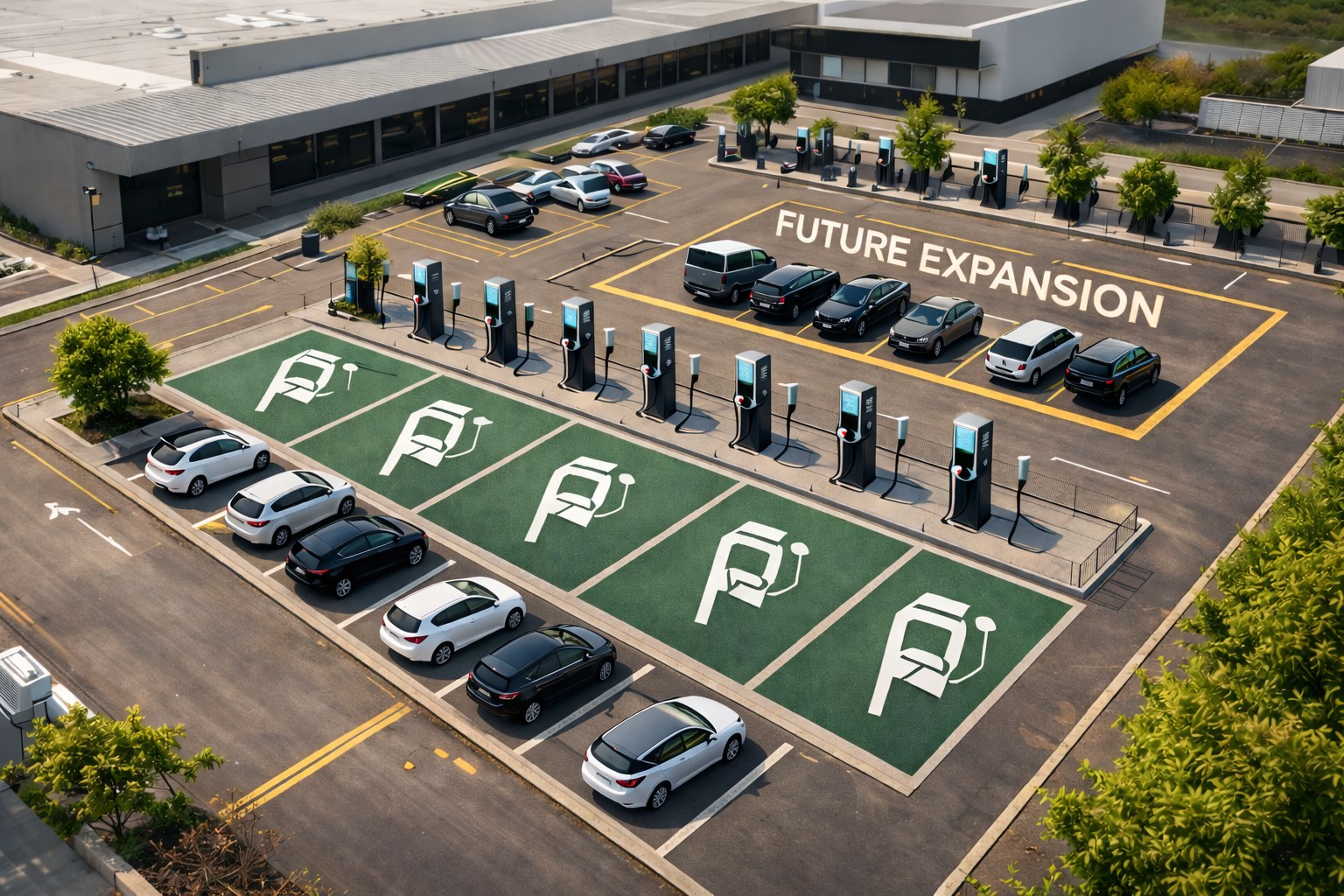As the pursuit of energy-efficient and eco-friendly heating and cooling solutions gains momentum, heat pumps have emerged as a top contender in modern households. With their ability to extract and transfer heat from one area to another, these versatile systems offer significant benefits in terms of cost savings and reduced environmental impact. However, before embarking on a heat pump installation journey, it is crucial to navigate through a series of essential considerations.
In this blog, we delve into the key factors that every homeowner should consider to ensure a seamless and well-informed decision-making process. By understanding these critical aspects, you can make the most of your heat pump investment and enjoy year-round comfort while minimising your carbon footprint.
_11zon.jpg)
Assessing the Heating and Cooling Needs of Your Property:
Accurately evaluating the heating/cooling requirements of your property is of utmost importance when determining the most suitable heat pump installation. To ensure optimal comfort and efficiency, several key factors should be taken into consideration:
- Property size: The size of your property plays a pivotal role in determining the ideal heat pump system. Larger properties may necessitate more powerful systems to ensure consistent and comfortable temperatures throughout.
- Number of occupants: Consider the number of occupants residing in your property. A higher occupancy generates additional heat, which may call for a heat pump with a higher capacity to meet the demand adequately.
- Existing insulation condition: The age and condition of your property's insulation can significantly impact energy consumption. Properly insulated homes maintain comfortable temperatures more efficiently, potentially allowing for a lower-capacity heat pump with better energy ratings.
Once these factors are carefully assessed, you can proceed with selecting an appropriate system for your property, taking into account any local regulations or laws that may limit certain types or sizes of systems from being installed.
Choosing the Right Heat Pump
When considering a heat pump for your home, several factors come into play to ensure optimal performance and comfort. While the size of the house is a significant consideration, it's crucial to account for other essential factors as well. These include insulation levels, room types and sizes, desired indoor temperatures for different rooms, the total number of rooms in the property, and even seasonal temperature fluctuations, especially if an air source heat pump (ASHP) is being considered.
To make an informed decision on the most suitable type and size of heat pump, it's essential to gather all relevant information from the property owner or tenants. Once this data is collected, precise calculations can be performed to determine the ideal heat pump for their specific needs.
In certain scenarios, such as new-build properties with standardised insulation levels and straightforward use cases like home offices or living rooms, expert consultation may not be necessary. However, for older properties or those with unique specifications, seeking advice from experienced professionals is highly recommended before selecting a heat pump system.
_11zon.jpg)
Heat Pump Installation and Running Costs
Determining the costs associated with installing and operating heat pumps is a complex process that involves considerations of energy prices, efficiency ratings, and property specifications. While heat pumps may have higher upfront expenses compared to gas boilers, their commendable average efficiency rates of approximately 300% can lead to substantial long-term savings.
Key factors to assess when evaluating installation and running costs include:
- Cost of electricity: The Energy Price Guarantee (EPG) caps the electricity price at around £0.34 per kWh, whereas a kWh of gas costs 10.3p. Evidently, electricity is currently three times more expensive than gas. However, it is crucial to note that the EPG is scheduled to expire in spring 2024, and subsequently, electricity prices may undergo changes.
- Efficiency rating: Heat pumps boast an average efficiency rating of 300%, signifying that they generate three times more heat per 1 kWh of electricity consumed. Consequently, despite marginally higher initial operational costs, heat pumps prove to be a cost-effective alternative to gas boilers in the long run.
Property requirements: Before proceeding with the installation of any new heat pump system, it is important to enlist the expertise of a professional heating engineer. An assessment by an expert will ascertain the correct size and type of heat pump tailored to your specific needs. This meticulous approach ensures optimal performance and efficiency, effectively preventing escalated running costs in the future.
Discover Available Grants and Financial Incentives for Heat Pump Installations in the UK
Are you considering installing a heat pump? If so, there's great news! A variety of grants and schemes are now available, offering valuable financial support for your heat pump installation. Here are some of the notable options:
- Boiler Upgrade Scheme
- Energy Company Obligation Scheme
- Warmer Homes Scotland
- Home Energy Scotland Scheme
- Nest Scheme Wales
By taking advantage of schemes like Warmer Homes Scotland and the Nest Scheme in Wales, eligible individuals may even qualify for a free heat pump installation.
But that's not all – homeowners can benefit from substantial cost savings too. Recently, the government implemented a VAT slash on clean energy technologies, including heat pumps. This brings the VAT rate down from 5% to an incredible 0% for a five-year period. As a result, you could save up to £750 on your heat pump installation costs.
Keep in mind, these grants and incentives operate on a first-come, first-served basis, making timing crucial. With limited availability, it's essential for homeowners to act promptly when considering investing in an air source or ground source heat pump.
_11zon.jpg)
Exploring the Economics of Heat Pump Installation:
When considering heat pump installation, it's vital to understand the cost factors involved. The expenses can vary significantly based on the type and quality of the system selected.
For air source heat pumps, the investment typically ranges from £8,000 to £18,000. On the other hand, ground source heat pumps are generally pricier, with costs ranging between £14,500 to £45,000.
Fortunately, there's the Renewable Heat Incentive (RHI) scheme for eligible candidates. This scheme spreads the installation costs over seven years, with quarterly payments totalling approximately £5,500 to £6,500 for a one-bedroom house, £8,500 to £9,500 for a two-three bedroom house, and roughly £12,000 to £14,000 for four or more bedrooms.
For those not utilising the RHI scheme, air source heat pump installation costs vary depending on quality. Budget to mid-quality options typically range from £7,000 to £10,000, while higher-quality alternatives may cost between £10,000 to £14,000. Premium-quality heat pumps can go up to about £18,000.
The Advantages of Heat Pump Installations: Energy Savings and Environmental Impact
Investing in a heat pump system offers homeowners substantial long-term benefits and cost savings. These energy-efficient solutions provide both heating and cooling while consuming significantly less energy than traditional systems, leading to reduced energy bills.
One of the key advantages of heat pumps is their positive impact on the environment. By emitting lower carbon emissions compared to other heating systems, they contribute to reducing your overall carbon footprint and support environmental conservation efforts.
Moreover, heat pump installations often come with extended warranties, guaranteeing reliable efficiency for up to 25 years. This ensures peace of mind and long-term performance, making them a dependable investment.
_11zon.jpg)
Securing a Sustainable Future: Heat Pump Installation with Highland Services
To sum up, installing a heat pump in your property is a smart move towards sustainability, energy efficiency, and overall comfort. Opting for high-quality installation services like those offered by Highland Services ensures seamless integration of your heat pump system with guaranteed after-sales support. With a solid return on investment and a lower carbon footprint, it's a win-win situation for homeowners.
Want to learn more?
Contact us today to book your heat pump installation and take a step towards a more energy-efficient future.
_11zon.jpg)


.png)